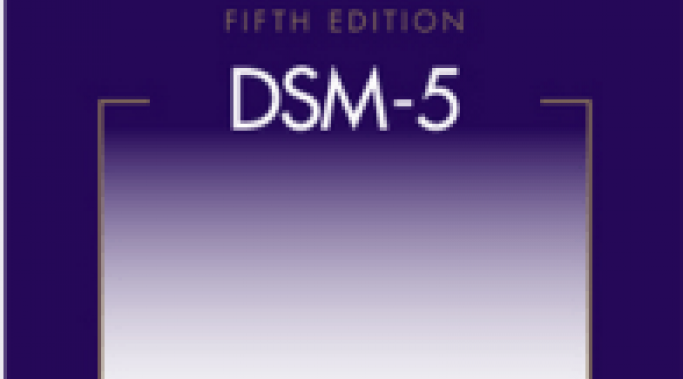Both medication and psychotherapy are often used in the treatment of combat-related post-traumatic stress disorder (PTSD). Psychotherapy in combat PTSD treatment is more common than the use of medication; nevertheless, medication can be important for many. Both types of treatment have their place and should be considered by those suffering from combat-related PTSD.
Understanding Combat PTSD
The Diagnostic and Statistical Manual of Mental Disorders (DSM) is the manual that outlines all known mental illnesses, what they are, how they are diagnosed, and in some respects, treatment. In May, the DSM released its fifth version and with it came a change in how post-traumatic stress disorder (PTSD) is viewed. While PTSD used to be categorized with the anxiety disorders, it now has been moved into a separate chapter called “Trauma- and Stress-Related Disorders.”
As I mentioned last time, combat post-traumatic stress disorder (PTSD) is a subtype of standard PTSD so when we talk about the psychotherapies that effectively treat combat PTSD, we are really talking about psychotherapies for PTSD in general.
The good news is that several psychotherapies have been shown to work in treating combat PTSD.
Combat PTSD is defined as a specific type of posttraumatic stress disorder (PTSD) experienced by men and women who have been in combat. Combat PTSD can happen to anyone in combat, from those that have experienced live fire to those who are support workers in a war zone area. Not everyone in combat experiences combat PTSD, but many do.
Dr. Harry A. Croft, a Distinguished Life Fellow of the American Psychiatric Association, is board certified in Adult Psychiatry, Addiction Medicine and Sex Therapy, and has been in private practice in San Antonio, Texas, for more than 30 years. Dr. Croft's interest in post-traumatic stress disorder (PTSD) began in 1973 when, as an Army physician, he served as the medical director of drug and alcohol treatment at Ft. Sam Houston, Texas, at the height of the Vietnam War. This experience paved the way for his medical evaluation of more than 7000 veterans with PTSD. (Dr. Croft's full bio)




